Center Projects

The Community Vaccine Effectiveness (CoVE) Study
The CoVE Study is a CDC-funded study evaluating the effectiveness of COVID-19 vaccines against symptomatic and asymptomatic infection in Michigan residents. It is a fully remote study involving nasal swab self-collection on a weekly basis and during acute respiratory illness for detection of SARS-CoV-2 and other respiratory viruses. Participants also contribute blood specimens at enrollment and twice-annually thereafter for antibody analyses, as well.
Households participating in the HIVE study are invited to take part in additional CoVE Study swab & data collection as a substudy, as well. For questions about the COVE study, please email: covestudy@umich.edu.
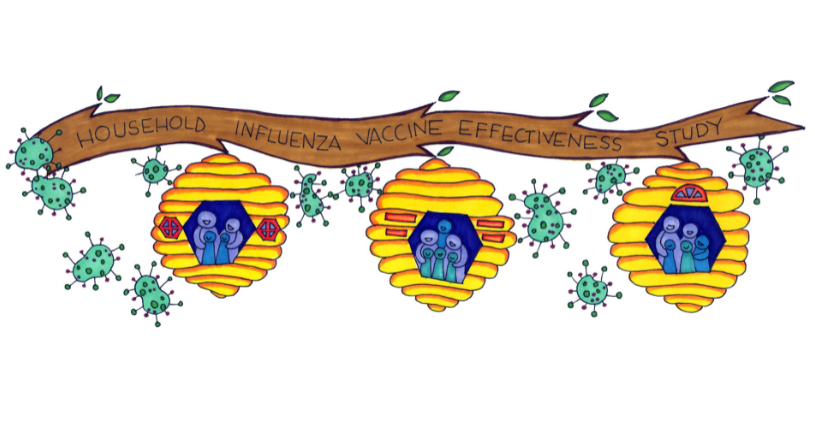
Household Influenza Vaccine Evaluation (HIVE) Study
The HIVE cohort is a longitudinal cohort of approximately 300 households with children in southeastern Michigan with year-round active surveillance of respiratory infections of any severity. This CDC- and NIH-funded cohort, running since 2010, collects nasal and blood specimens to evaluate the incidence of respiratory viruses including influenza, RSV and SARS-CoV-2, determine the effectiveness of vaccines against these viruses and study transmission within the household setting, especially among people with mild illnesses that may not seek medical care. For more information about enrollment in the HIVE, visit our study participant website.
For more information about the CEIRR network that funds the HIVE study, visit: https://www.ceirr-network.org/
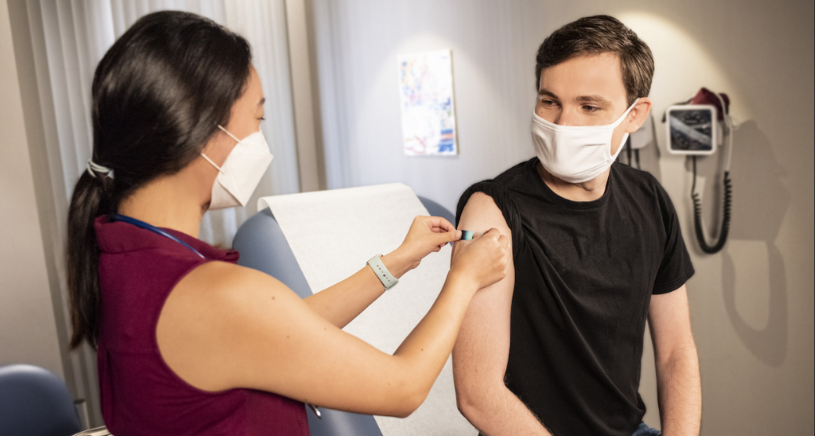 Influenza and other viruses in the acutely ill (IVY) adult inpatient vaccine effectiveness
surveillance
Influenza and other viruses in the acutely ill (IVY) adult inpatient vaccine effectiveness
surveillance
Funded by the Centers for Disease Control, the IVY network was initially created in 2019 to estimate how well influenza (flu) vaccines work at preventing severe flu illness among intensive care unit (ICU) patients. IVY has expanded to evaluate additional viruses including SARS-CoV-2 and RSV.The Center has been a participating site in the IVY Network since 2021. More information about the IVY Network.
Recent IVY Network Publications:
Effectiveness of Pfizer-BioNTech and Moderna Vaccines Against COVID-19 Among Hospitalized
Adults Aged ≥65 Years (PDF) — United States, January–March 2021
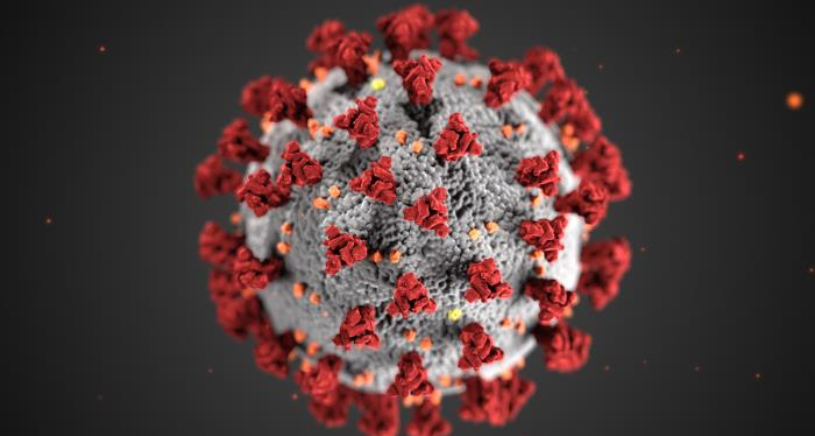 Michigan-Ford Influenza Vaccine Effectiveness (MFIVE) Study
Michigan-Ford Influenza Vaccine Effectiveness (MFIVE) Study
This CDC-funded study works in partnership with other national sites to conduct active surveillance of individuals with medically-attended acute respiratory illness (active since 2010). In collaboration with Dr. Ivana Vaughn of the Henry Ford Health System, the Center’s researchers work with ambulatory clinics across southeast Michigan to collect data on vaccine effectiveness against respiratory viruses. Along with the other sites in the network, they distribute and collect swabs and clinical data to monitor vaccine effectiveness, while evaluating the epidemiology, clinical characteristics, and risk factors for influenza and COVID-19 across the US. This study is part of the CDC’s US Flu VE Network. More information about the US Flu VE Network.
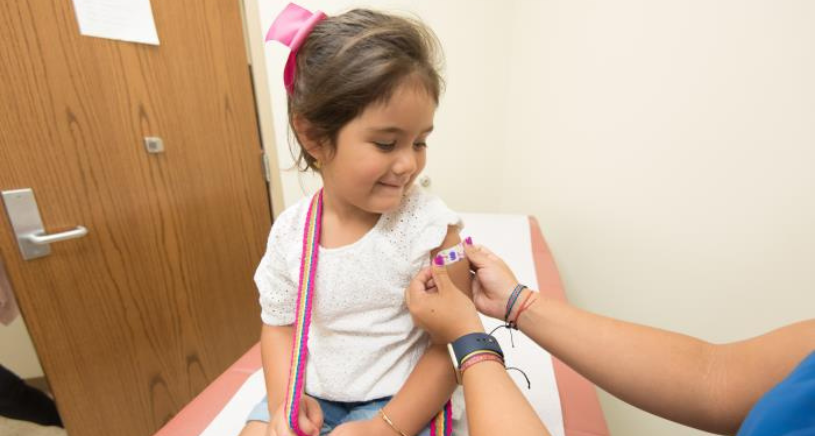
Evolution and Transmission of Influenza Virus in Natural Human Infection (MHOME)
MHome is an NIH funded, case ascertained household study of respiratory virus transmission conducted in partnership with Dr. Adam Lauring. Initially developed to evaluate the within- and between-host dynamics of influenza viruses, we have broadened the scope to include SARS-CoV-2 and respiratory syncytial virus (RSV). We identify index cases who test positive for influenza virus, SARS-CoV-2, or RSV and then enroll them and their households. Household members provide serial nasal swabs and complete surveys over a two week period. These data are used to define within-host viral dynamics and viral and host factors associated with transmission.

Michigan Public Health Integrated Center for Outbreak Analytics and Modeling (MICOM)
The CDC’s Center for Forecasting and Outbreak Analytics announced in fall 2023 that they are providing funding to develop an outbreak response network that uses data to support decision makers during public health emergencies. The University of Michigan School of Public Health was selected as one of the 13 partners to receive roughly $17.5M over five years to establish the Michigan Public Health Integrated Center for Outbreak Analytics and Modeling (MICOM). Leading this new initiative are Dr. Marisa Eisenberg and Dr. Emily Martin.
“This center is a remarkable opportunity to build on the strong partnerships between the University of Michigan and Michigan Department of Health and Human Services to integrate outbreak analytics, modeling, and forecasting into public health practice and improve public health in Michigan and beyond,” says Marisa Eisenberg, associate professor of Epidemiology and Complex Systems at the University of Michigan School of Public Health and director of the center.
MICOM is a multidisciplinary partnership between several University of Michigan units—including the College of Engineering; College of Literature, Science, and the Arts; School of Information; and the Medical School—and in collaboration with the Michigan Department of Health and Human Services (MDHHS). The center will support the development of a number of modeling and data analytics tools and pipelines to be integrated into MDHHS workflows to address public health emergencies and current infectious disease threats. Joe Coyle, director of the MDHHS Bureau of Infectious Disease Prevention, is the project lead for the state’s involvement.
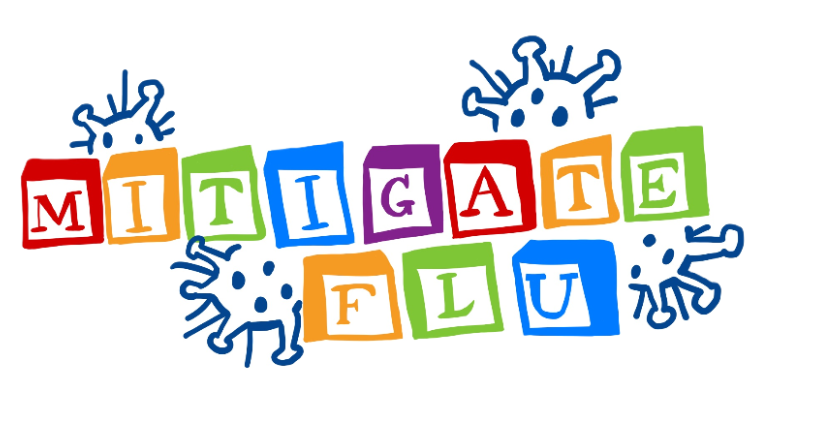
Multidisciplinary InvesTIGAtion of Transmission to Ease inFLUenza (MITIGATE-FLU)
Starting in 2022, MITIGATE FLU is a multi-site collaboration funded by FluLab, between Virginia Tech, University of Michigan Schools of Public Health, Engineering, and Medicine, University of Pittsburgh, Emory University and Georgetown University. The overall goals of this research are to determine how behavioral and environmental factors affect transmission and to identify the most effective interventions for reducing transmission in child care and school settings. Dr. Emily Martin and Dr. Andrew Hashikawa will lead Project 3 of this initiative, integrating epidemiological analyses and detection studies to build the understanding of influenza transmission in child care settings, a high transmission environment where the contributions of host and environmental drivers can be measured in detail. This project has three main aims:
- Define epidemiological patterns of influenza transmission in child care centers.
- Map the presence and quantity of influenza virus detected in the child care environment.
- Evaluate non-pharmaceutical interventions on the presence of virus in the air and on surfaces and models projected impact on 1) absenteeism rates and 2) laboratory confirmed acute respiratory viral illness.
See the MITIGATE FLU website for more details about this multi-site collaboration. Contact us at mitigate-flu@umich.edu if you have questions about our local efforts.
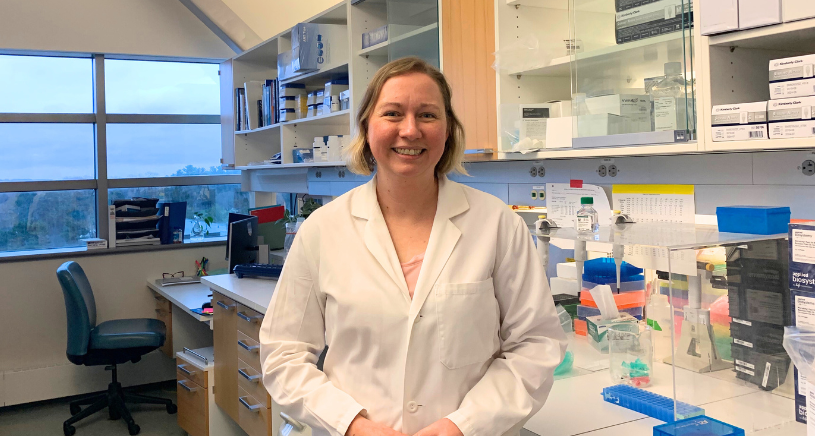
Development of a multi-level integrated strategy for regional evaluation of influenza viruses and vaccines (Epi Hub)
Dr. Emily Martin is leading this CDC funded project to evaluate the feasibility of a regional hub for epidemiological evaluations of influenza virus spread and vaccine effectiveness. Study activities will include establishing linkages between data and specimens within and across platforms drawing data from multiple stakeholders across the state and creating a methodology and standard operating procedure to receive data, create linkages and resolve discrepancies. This two year project aims to collaborate with several medical systems to analyze samples and determine variations in population immunity across Michigan.
Long Term Outcomes of COVID-19 and Influenza (LOCI)
Individuals hospitalized with severe influenza and COVID-19 can experience both serious in-hospital outcomes as well as long term impacts to health following their illness. The long-term consequences of either infection remain largely unknown. The primary aim of this study is to examine individual long-term recovery following hospitalization due to influenza or COVID-19 illness. We additionally aim to create an improved measure of illness severity by following hospitalized patients after discharge and comparing their functional status from hospitalization to that during their long-term recovery to assess the relationship between traditional in-hospital severity outcomes and long-term functional status after discharge.
Medically attended RSV Illnesses: Day Care Virus Transmission Study with University of Pittsburgh
The overall goal of this study is to describe the epidemiology of SARS-CoV-2 transmission among children in child care, their child care providers, and their household contacts in order to create evidence-based policies and practices for safely operating group child care. Participating children and providers are swabbed weekly and complete regular surveys. The specific objectives to accomplish the overall goal are to:
- Determine prior SARS-CoV-2 infection,
- Detect new infections, and
- Detect secondary infections.
Vaccine Effectiveness and Immunogenicity in Healthcare Workers (Israel)
Center investigators have participated in multiple studies of influenza vaccination effectiveness and immunogenicity, working with healthcare workers at multiple hospitals in Israel, where influenza vaccination is not mandated for this population. This work has included a multi-year prospective cohort and a randomized trial of enhanced influenza vaccines.
HAIVEN (Hospitalized Adult Influenza Vaccine Effectiveness Network)
The Center was a participating site in the CDC funded HAIVEN Network for over 6 years. The HAIVEN network ended in July 2021. The Center now participates in the CDC funded IVY network to measure vaccine effectiveness in the hospitalized population. Information about the CDC’s HAIVEN Network.
